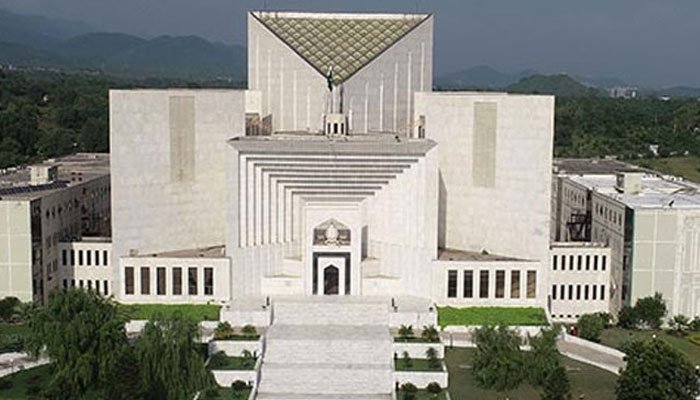The political landscape shifted dramatically on Monday after PTI Senator Saifullah Abro announced his resignation soon after voting in favour of the 27th Constitutional Amendment, a move that placed him at odds with his own party. His unexpected decision and powerful speech in the Senate have now become a focal point in the ongoing national debate surrounding the controversial amendment.
Standing Firm on His Vote
Taking the Senate floor, Senator Abro made it clear that his support for the 27th Constitutional Amendment was intentional and rooted in personal conviction. He stated plainly: If anyone is mistaken, let me say that I came here to vote for Asim Munir, not for anyone else.His comments indicated that his priority was to support Field Marshal Syed Asim Munir and the Pakistan Army, regardless of the political consequences within PTI.
The Senate successfully passed the amendment, which proposes major structural changes to Pakistan’s military and judicial systems. The vote took place amid loud protests and a walkout by opposition parties. Despite the tension, Abro, along with the Awami National Party (ANP) and JUI-F Senator Ahmed Khan, sided with the treasury benches to pass the bill.
A Vote Driven by National Security
Senator Abro praised the armed forces and highlighted what he described as a significant military achievement earlier this year. He claimed that Pakistan dealt a “humiliating defeat” to India in May, a result that he argued gained recognition at the highest diplomatic levels. According to Abro, even US President Donald Trump acknowledged Pakistan’s military leadership and showed exceptional respect to Field Marshal Asim Munir—respect, he emphasised, beyond what any Pakistani prime minister had received.
In Abro’s view, this recognition reinforced the importance of supporting the amendment and standing with the military leadership. His speech portrayed the 27th Constitutional Amendment as a matter tied directly to Pakistan’s dignity, security, and international standing.
A Resignation Rooted in Principle
At the end of his address, Senator Abro shocked the House by announcing his resignation. He openly stated that he expected disciplinary action from PTI for defying party policy, and instead of waiting to be removed, he chose to step down voluntarily.
I resign today, he declared, citing both political pressure and personal hardship. He condemned his colleagues for abandoning him during what he described as one of the most difficult periods of his life. During the political unrest surrounding the 26th Constitutional Amendment, Abro’s family faced severe consequences—his wife and several relatives were arrested. He said the party offered no support, even though he stood by it at the time.
His resignation speech carried strong emotional weight, suggesting deep personal disappointment in the party leadership. For Abro, supporting the 27th Constitutional Amendment was not just a political act—it was also an opportunity to take an ethical stand and distance himself from what he viewed as the party’s lack of solidarity.
Divisions Deepen Over the 27th Amendment
The 27th Constitutional Amendment has sharply divided Pakistan’s political parties. Supporters argue that it will modernise military structures, reform judicial mechanisms, and strengthen institutional clarity. Critics claim it concentrates too much power in specific areas and undermines the existing constitutional balance.
By resigning and backing the bill, Senator Abro positioned himself not only outside party lines but also firmly in the camp advocating for institutional restructuring. His decision has intensified conversations about loyalty, conscience, and the pressures faced by lawmakers navigating complex political environments.
A New Political Path Ahead
Senator Abro’s exit from the Senate marks a significant moment for PTI at a time when internal differences have become increasingly visible. His speech highlighted the tension between party discipline and individual conviction—a tension that has already contributed to fractures within the political landscape.
As public debate grows, the fate of the 27th Constitutional Amendment will continue to shape Pakistan’s future governance model. Meanwhile, Abro’s resignation stands as a reminder of the personal costs and political risks involved when lawmakers choose conscience over party policy.
The coming weeks will reveal whether his decision inspires similar moves or whether it remains an isolated moment of dissent. What remains certain is that the 27th Constitutional Amendment has become a turning point in the country’s ongoing struggle to balance political priorities, institutional authority, and public trust.



